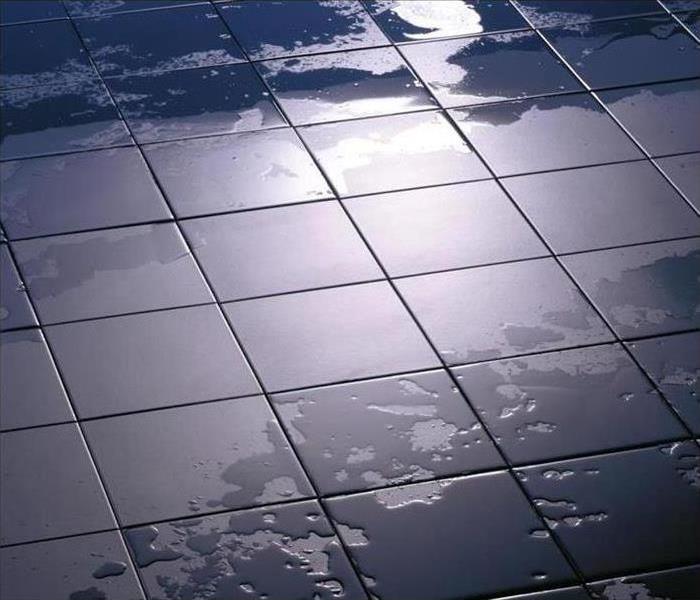Water Damage? Four Things You Should Do Right Away
11/23/2020 (Permalink)
 if you experience any water damage or are in need repairs down after a storm, contact SERVPRO of ECGLH
if you experience any water damage or are in need repairs down after a storm, contact SERVPRO of ECGLH
Water damage in a home is usually caused by leaking pipes, malfunctioning appliances, sewage backups, heavy rains, or flooding. No matter how a home sustains water damage, it is certain to cause plenty of frustration for the homeowner.
Even in cases of extensive water damage, it's important for homeowners to realize that a water damaged home can be repaired and restored.
If you have water damage to your home, here are four things you should do right away.
1. Stay Safe
Your safety is of utmost importance. This is why you should take certain precautions when dealing with water damage in your home. If your home is flooded, you may want to wear protective gloves or a mask to optimize safety.
If you have standing water in your home and notice the smell of gas, you should leave right away. The smell of gas could indicate a gas leak, which might result in an explosion. You should also be aware of the dangers of being electrocuted. Be careful when handling electrical appliances or gadgets. If you notice damaged electrical wires, you should leave.
2. Assess the Water Damage
If your home poses no immediate dangers, you can start to assess the damage. Knowing what kind of water damage your home and personal belongings have sustained helps your insurance adjuster process your claim.
Look for signs of external damage, which includes the roof, exterior walls, and your front and backyard. You will also want to assess the interior damage. Pay particular attention to the attic, walls and ceiling of each room, and the foundation of your basement.
Closely inspect all your personal belongings, as well. This includes:
Appliances
Furniture
Cabinets/dressers
Carpets
Paper products including books and photographs
Electronics and digital media
Some of your personal belongings will be damaged beyond repair. You will need to decide what things to get rid of and what things can be repaired. Any contaminated food should be thrown out immediately. This includes canned goods that were immersed in water.
3. Start Drying Out
If possible, you should start drying out your home as soon as you can. Starting the drying process helps to decrease the amount and severity of the water damage. You should begin by removing any standing water. You can do this by using a wet/dry vacuum. You can also push water out the door with a floor squeegee. Using a mop is a tried and true option as well.
If you have a lot of standing water, especially in the cases of flooding, the water could be polluted. For this reason, you may need to call professional water extractors. Once all the water has been removed, you should begin the drying out process.
Some ways to do dry out your home include:
Air drying. This can be done by opening doors and windows and using floor fans and exhaust fans.
Dehumidifying. Using a dehumidifier removes hidden moisture and decreases humidity levels, which helps to dry out faster.
Freezer drying and vacuum freeze drying. These drying methods use freezing temperatures to dry out books and other paper products.
Removing moisture from your home and your belongings will reduce the chances of bacterial and mold growth.
4. Begin Cleaning
Once your home has been dried out, you should clean and sanitize the places in your home that have gotten wet. This includes cleaning and sanitizing your floors and walls. If your home's flooring or walls are damaged beyond repair, you will most likely have to replace them.
If your home has received extensive water damage, contact SERVPRO of Eaton County, Clinton and Gratiot Counties, Lansing & Holt. We're a professional water damage repair and restoration company. Besides assisting homeowners with drying out their home, they also help clean the home and detect hidden moisture.



 24/7 Emergency Service
24/7 Emergency Service